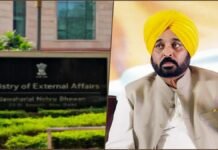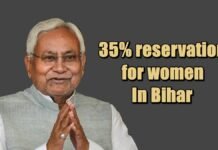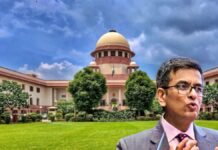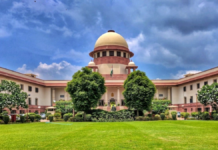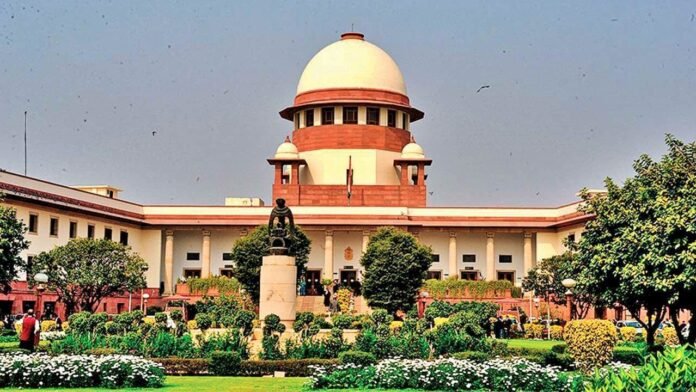
New Delhi: The Supreme Court of India delivered a landmark judgment on Monday, March 4, 2024, in the note-for-vote case, which involved allegations of bribery and corruption by members of Parliament (MPs) and state legislative assemblies (MLAs). The apex court ruled that MPs and MLAs can be prosecuted for taking bribes to vote or deliver speeches in the House and that such acts are not covered by parliamentary privileges. The court also overturned a 1998 verdict that had granted immunity from prosecution to MPs and MLAs for the same offenses.
Background
The note-for-vote case dates back to 1993, when the then Prime Minister PV Narasimha Rao faced a no-confidence motion in the Lok Sabha. It was alleged that Rao and his associates had bribed some MPs belonging to the Jharkhand Mukti Morcha (JMM) and other parties to secure their support for the motion. The Central Bureau of Investigation (CBI) filed a charge sheet against Rao and others in 1996, accusing them of criminal conspiracy, bribery, and cheating.
However, in 1998, a five-judge Constitution bench of the Supreme Court, by a 3:2 majority, quashed the charges against the MPs and MLAs, holding that they could not be prosecuted for their actions in the House, as they were protected by Articles 105 and 194 of the Constitution, which grant parliamentary privileges to the legislators. The court also held that the Prevention of Corruption Act, 1988, did not apply to the MPs and MLAs, as they were not public servants.
Judgment
The 1998 verdict was challenged by various petitioners, including the CBI, the Association for Democratic Reforms (ADR), and the Common Cause, who argued that it was contrary to the spirit of the Constitution and the principles of democracy. They contended that MPs and MLAs should be treated as public servants and that bribery and corruption by them should be punishable under the law.
The Supreme Court, in 2017, referred the matter to a larger bench of seven judges, headed by Chief Justice DY Chandrachud, to reconsider the 1998 judgment. The bench heard the case for over two years and reserved its verdict on October 5, 2023.
On Monday, the bench unanimously pronounced its judgment, setting aside the 1998 verdict, and holding that MPs and MLAs can be prosecuted for taking bribes to vote or deliver speeches in the House. The court said that such acts amount to corruption, and are not protected by parliamentary privileges. The court also said that MPs and MLAs are public servants under the Prevention of Corruption Act, and are liable to face trial under the law.
The court observed that corruption and bribery by MPs and MLAs erode the integrity of public life, and undermine the functioning of Indian parliamentary democracy. The court said that the 1998 judgment was based on a narrow and erroneous interpretation of Articles 105 and 194 of the Constitution and that it violated the basic structure of the Constitution.
The court also issued guidelines for the trial of MPs and MLAs in corruption cases and directed the lower courts to expedite the proceedings and dispose of the cases within one year.
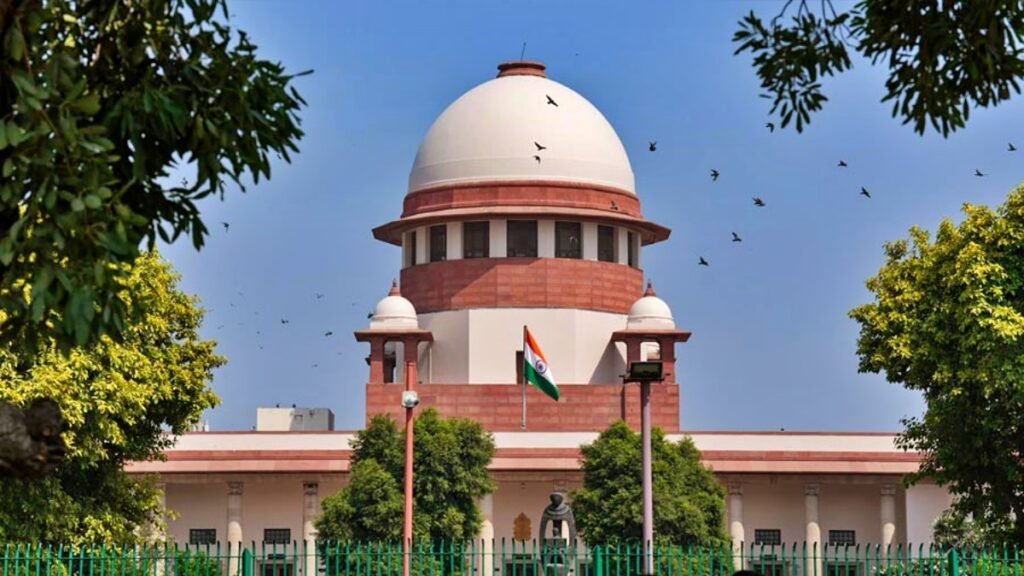
Implications
The judgment of the Supreme Court is a historic and significant one, as it restores the accountability and transparency of the legislators, and strengthens the fight against corruption in India. The judgment also sends a strong message to the MPs and MLAs that they cannot misuse their powers and privileges, and that they have to abide by the law and the Constitution. The judgment also empowers the citizens and the civil society to demand more ethical and responsible conduct from their representatives. The judgment is expected to have a positive impact on the quality and credibility of Indian democracy.


